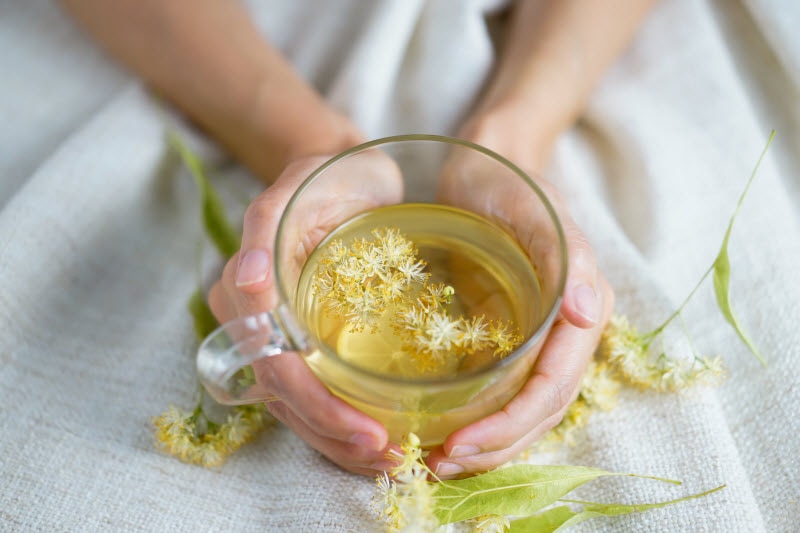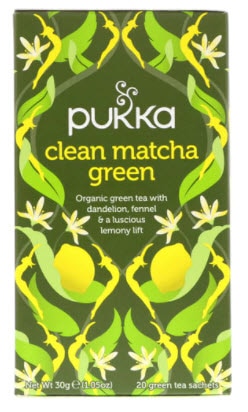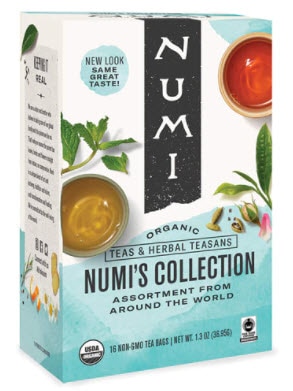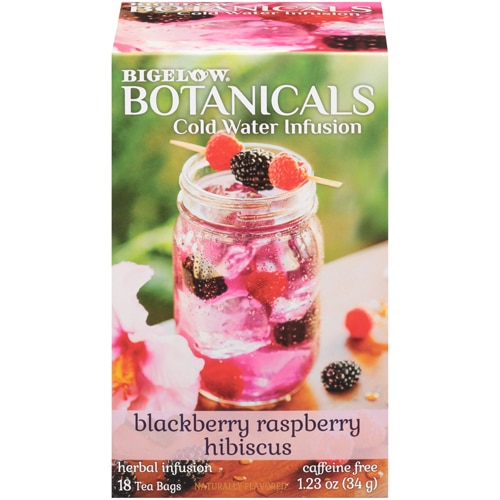If you appreciate fine tea, you may know that this globally venerated beverage is very good for you as well. Black, green and white tea varieties typically contain over 4,000 health-promoting compounds, including epigallocatechin gallate (EGCG) and L-theanine. EGCG is a catechin, from a larger group of plant compounds known as polyphenols. In addition to being dense in
antioxidants, tea is also the only plant that makes the amino acid
L-theanine, which is thought to be calming to both the body and the mind.

Chemicals in tea - what to know
Given these benefits, is there any potential downside to the world’s most popular beverage after water? The answer is yes, but the problem is not due to tea itself, but rather, the environment in which it is grown. Many forms of tea are contaminated with pesticides and heavy metals during the growth phase, as tea plants are highly efficient at extracting compounds from the soil. Nor are tea leaves always cleaned after harvest; the first time they may have been washed is when they are steeped in your cup.
In one investigation, researchers from Greenpeace China tested 18 tea products from nine Chinese tea companies, including green, oolong and jasmine varieties. Amazingly, all 18 samples contained at least three pesticides, and one even had 17, including endosulfan, which has been banned globally under the Stockholm Convention due to its toxic properties. A total of 14 teas evaluated were found to
harbor chemicals that may affect fertility and/or cause genetic damage.
1
Other research confirms that tea plants naturally accumulate fluoride and heavy metals such as lead, aluminum and arsenic.
2 Fluoride toxicity can result in a variety of health problems such as joint pain, muscle weakness, osteoporosis, kidney problems and more. As for aluminum in tea, it’s hard to avoid as it is the most widely distributed metal in the environment. Apart from a possible link to Alzheimer’s disease,
toxic effects of aluminum may include lung damage, bone abnormalities, immunotoxity and neurologic disorders.
3
Tea safety tips
While these are sobering facts indeed, please don’t despair. You
can continue to enjoy your favorite teas safely! These tips can also help you do so:
Choose organic
Choose USDA certified organic teas, which are produced without synthetic fertilizers, herbicides, and pesticides. Through ecological processes and cycles adapted to local conditions, organic tea agriculture helps to sustain healthy soils, ecosystems, and people.
Drink Japanese tea
When possible, enjoy tea grown in Japan, as varieties from China and India may be more contaminated due to heavier industrialization and pesticide usage. One excellent alternative is this soothing
Kukicha Organic Japanese Loose Twig Tea, which contains 90 percent less caffeine than coffee.
 Enjoy organic matcha tea
Enjoy organic matcha tea
Try organic matcha green tea powder, which is ideal for lattes, smoothies and shakes. This sugar-free
Lakanto Matcha Latte mix is made with master-grade green tea produced in the Uji region of Japan in Kyoto.
Look for loose leaf
When possible, choose loose leaf tea, as some tea bags are made with chemicals that can leach into your brew, including a chlorinated epoxy compound called epichlorohydrin, which is a known carcinogen. Loose leaves typically deliver greater flavor as well. Brew up a rejuvenating blend in a flash with this clever little
loose-leaf glass teapot.
Pick unbleached paper tea bags
When you do use tea bags, seek out organic brands that use unbleached paper, with tags from recycled material. This cool Numi
variety pack with better-for-you bags includes green, black, white and herbal tea varieties.
Brew with care
Brew your tea with care, as steeping tea for more than three minutes can potentially increase heavy metal infusion, particularly lead and aluminum.
One study tested 30 different teas, analyzing tea steeped for 3-4 minutes, and tea steeped for 15–17 minutes. 83 percent of teas brewed the longest were found to have lead levels considered unsafe for consumption during pregnancy and lactation. For the safest beverage, steep white tea for 1-3 minutes and green and black tea up to three minutes.
 Try tea alternatives
Try tea alternatives
In addition to your go-to favorites, explore teas that may be new to you, such as this loose-leaf, organic yerba mate. Gently stimulating, antioxidant-rich yerba mate comes from a holly tree native to the rainforests of South America.
Explore organic herbal teas
Enjoy organic herbal teas too, such as this ruby-hued, refreshingly tart
hibiscus, a tummy-soothing
ginger or an invigorating
peppermint, all of which are delicious both hot and iced. Sweeten to taste with some
raw, organic honey or calorie-free
liquid stevia.
Teas of all types have been beloved worldwide through the ages, and for good reason. So, by all means, enjoy your daily brew, while factoring in the tips shared here. Cheers!





 Enjoy organic matcha tea
Enjoy organic matcha tea